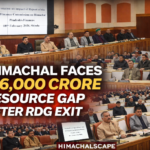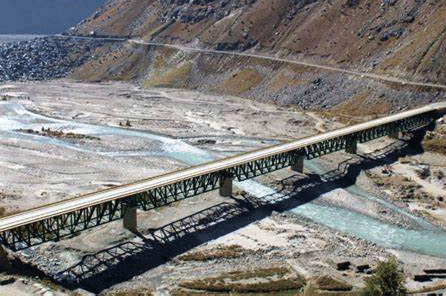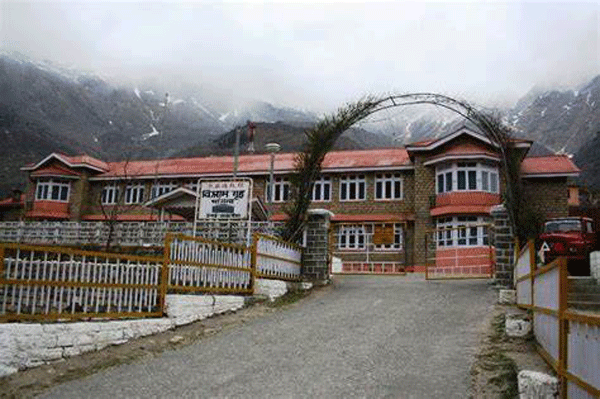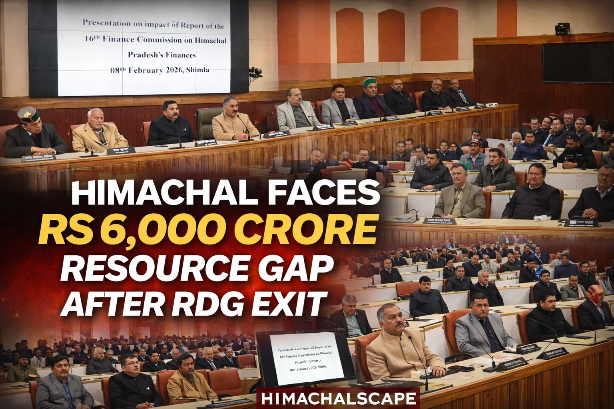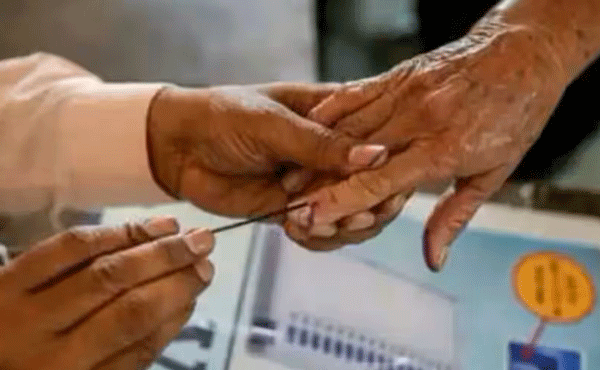
Photo used for indicative purpose only. Source internet
Shimla, March 28,
The Himachal Pradesh High Court has issued a rebuke to the state government, accusing it of “casual” handling of crucial appointments to the State Consumer Disputes Redressal Commission. In a strongly worded judgment, the court mandated the immediate appointment of Commission members and ordered the continuation of the current President beyond his retirement date, citing the severe consequences of inaction.
Justices Vivek Singh Thakur and Ranjan Sharma expressed “serious concern” and “failed to understand” the government’s claimed “active consideration” of the appointments, noting that a four-month delay was “more than sufficient” for action. The court emphasized that the Consumer Protection Act is a “beneficial legislation” and that “non-functioning of the consumer protection forums will adversely affect the consumers at large.”
The court dismissed the state’s excuse that appointments were stalled due to a Bombay High Court judgment, calling it “misconceived” as the judgment’s operation was stayed. They pointed out that there was “no legal or other impediment” to the state starting the appointment process. The judges stressed the indispensable role of the Commission President, stating that “even if Members are appointed in absence of President, they will not be having power and authority to constitute a Bench.”
“The respondents-State is not expected to act in a casual manner,” the court declared, highlighting the need for prompt action in safeguarding consumer rights. The court cited several precedents from other High Courts and the Supreme Court to justify its intervention, underscoring the consistent judicial view on the importance of uninterrupted consumer redressal services. The court also addressed arguments about the President’s age limits, noting that other courts had allowed continuations past those limits.
The court has ordered the state to complete the member appointments by April 4, 2025, and to continue the current President’s tenure. Furthermore, the state must initiate the process for appointing a new President immediately after the Supreme Court’s pending judgment. The state has been directed to file a compliance affidavit by April 10, 2025, with a compliance hearing scheduled for April 11, 2025.

The HimachalScape Bureau comprises seasoned journalists from Himachal Pradesh with over 25 years of experience in leading media conglomerates such as The Times of India and United News of India. Known for their in-depth regional insights, the team brings credible, research-driven, and balanced reportage on Himachal’s socio-political and developmental landscape.

